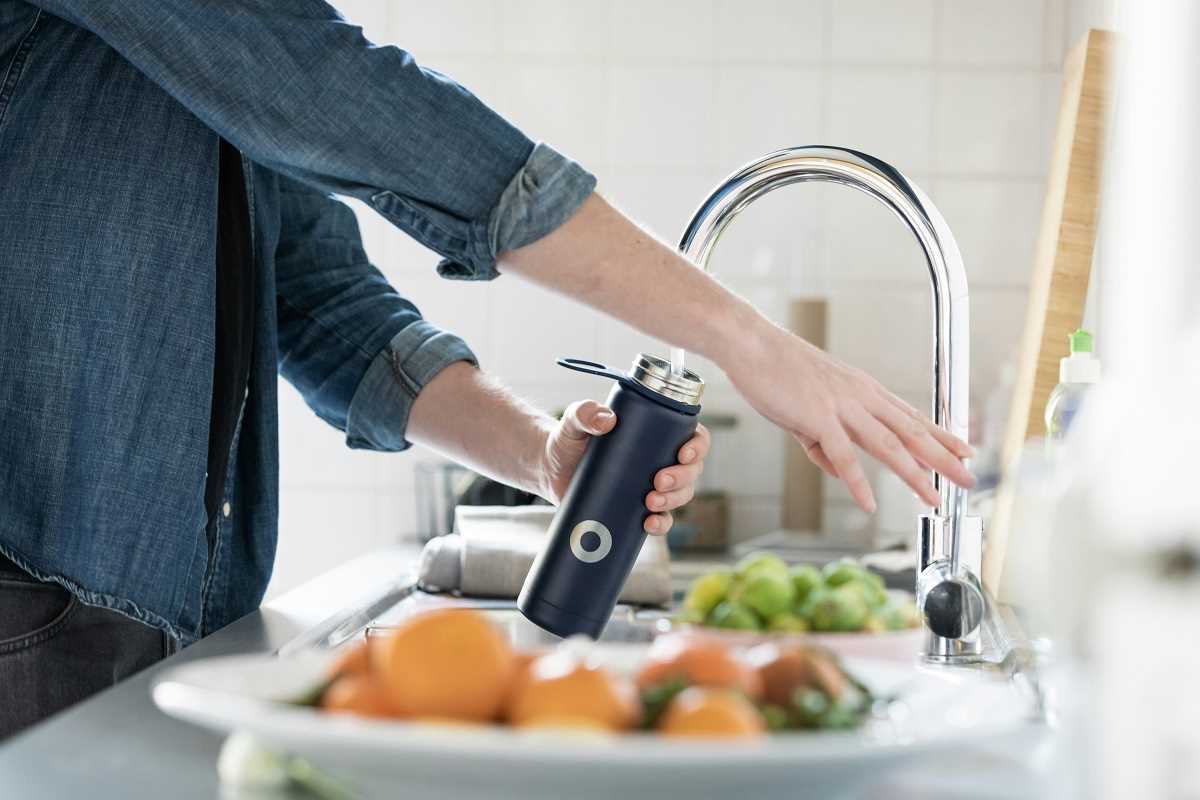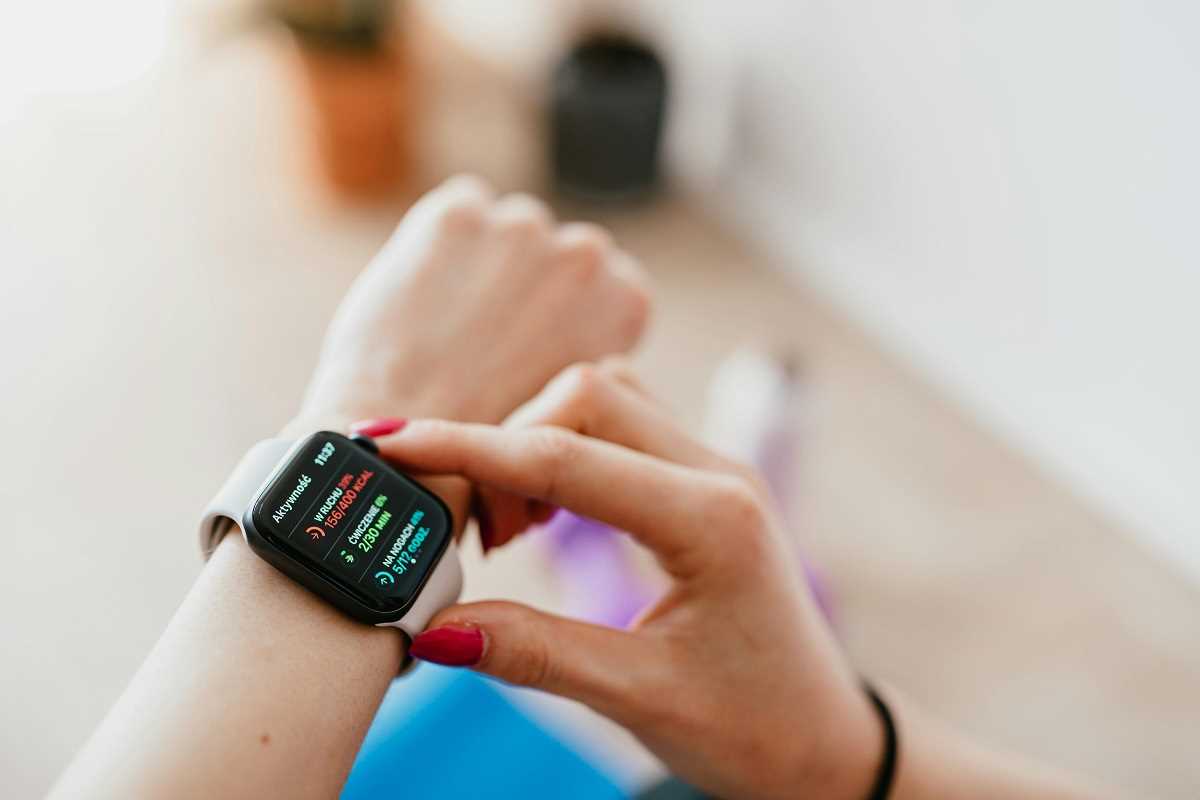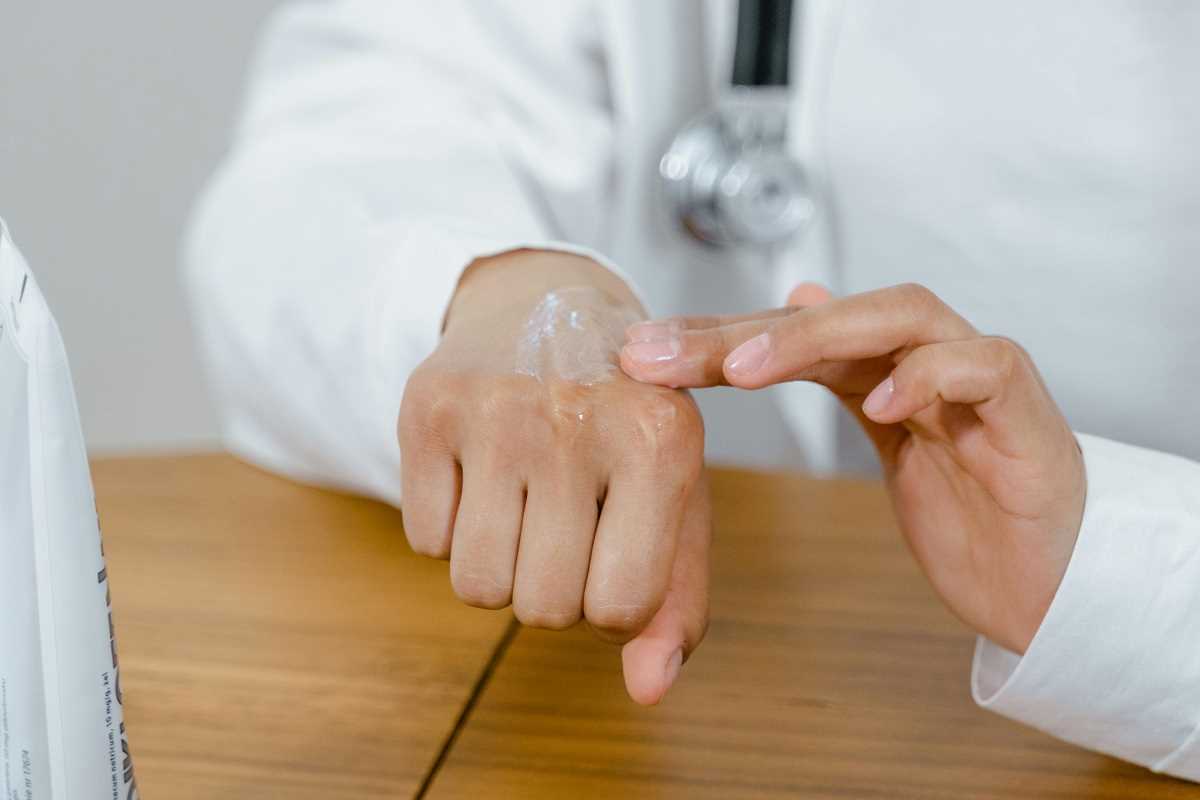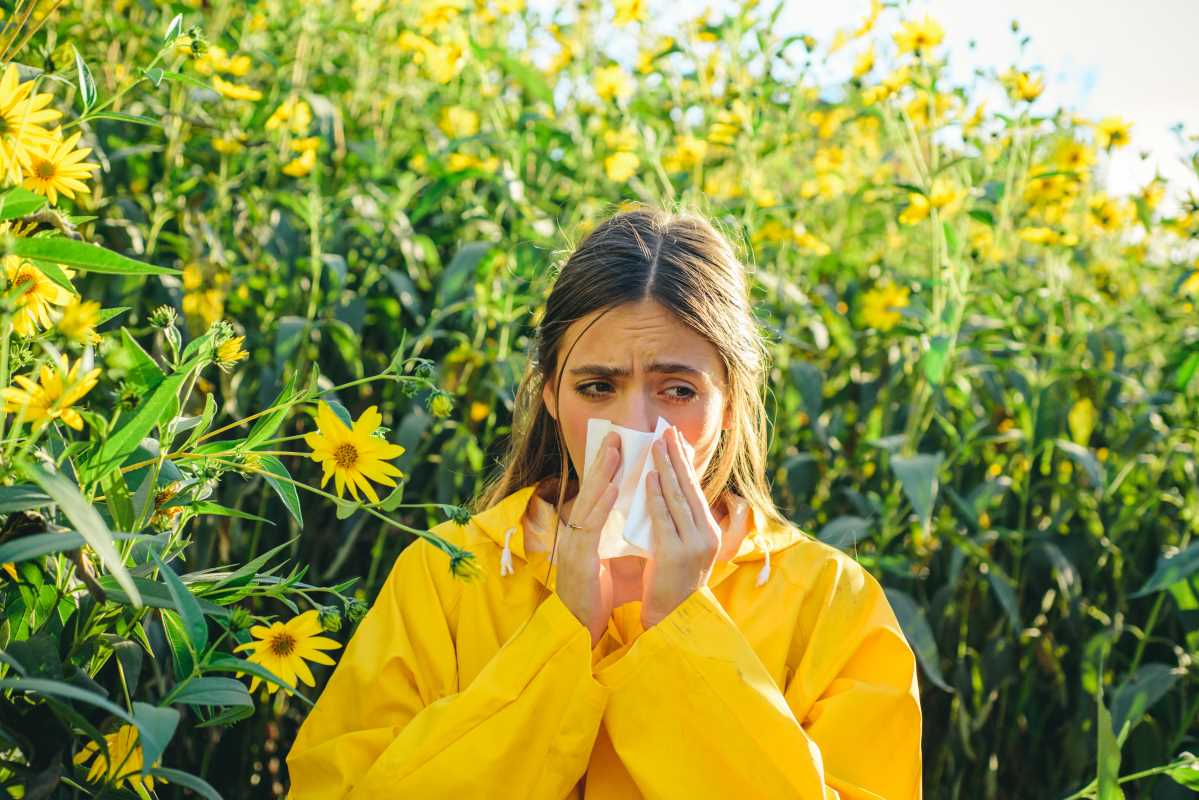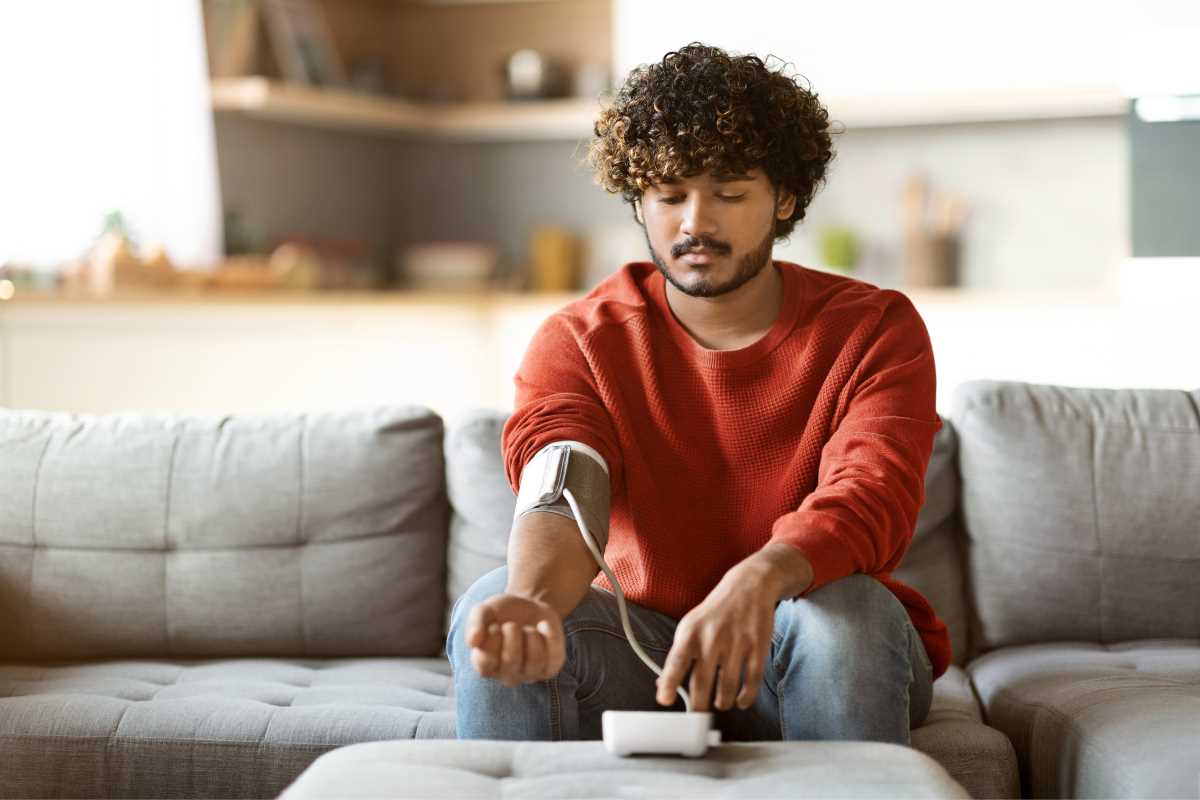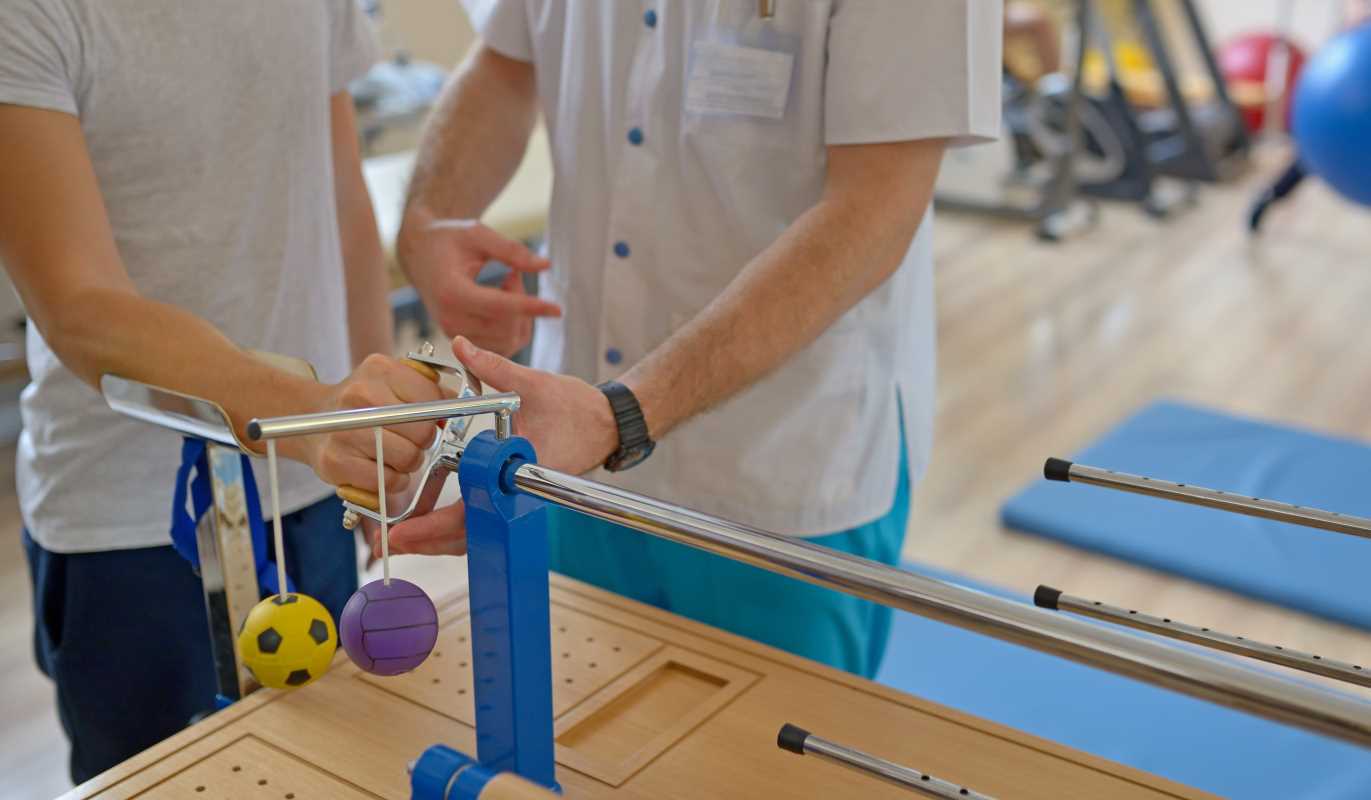Water is essential for life, yet many of us don’t drink enough of it daily. Staying hydrated is about more than quenching thirst; it’s key to maintaining your health and well-being. From keeping your energy levels steady to supporting your overall bodily functions, hydration plays a crucial role in how you feel and function each day.
This guide will break down the benefits of staying hydrated, explain how much water you really need, and offer practical, easy-to-implement tips to help you stay on top of your hydration game.
Why Hydration Matters
Your body is made up of about 60% water, and every single cell, tissue, and organ relies on it to operate effectively. When you’re adequately hydrated, here are just a few of the benefits you can expect:
1. Boosts Energy Levels
Even mild dehydration can lead to fatigue and sluggishness. Water helps your body maintain proper blood circulation and delivers oxygen and nutrients to cells. More water equals more energy.
2. Improves Cognitive Function
Finding it hard to focus? Your brain needs water to stay sharp and alert. Research shows that even a 1-2% reduction in hydration levels can impair concentration, memory, and problem-solving skills.
3. Supports Healthy Skin
Skin is often a reflection of what’s happening inside your body. Dehydration can result in dryness, dullness, or even more pronounced wrinkles. Proper hydration keeps your skin soft, vibrant, and glowing.
4. Aids Digestion
Water is crucial for your digestive system. It helps dissolve nutrients from food and prevent issues like constipation. Drinking enough water can make your entire digestive process more efficient.
5. Regulates Body Temperature
Sweating during exercise or in hot weather is one way your body cools itself. Staying hydrated ensures that this natural process works properly, preventing overheating and discomfort.
6. Helps Flush Toxins
Your kidneys play a vital role in cleaning your body by flushing out toxins through urine. Staying hydrated supports this natural detox process and helps prevent kidney stones.
How Much Water Do You Really Need?
While the “8 glasses a day” rule is common advice, hydration needs can vary depending on your age, activity level, climate, and health. A general guideline is to aim for:
- Men: About 13 cups (3 liters) a day
- Women: About 9 cups (2.2 liters) a day
Don’t forget that water can also come from other sources like fruits, vegetables, and beverages like tea. Listening to your body’s thirst cues is one of the best ways to stay in tune with your hydration needs.
Practical Tips for Staying Hydrated
If drinking enough water feels like a task, you’re not alone. The key is to build small habits that encourage hydration without feeling overwhelming. Here are some strategies to make it manageable:
1. Start Your Day with Water
Kick off your morning by drinking a full glass of water. After hours of sleep, your body is slightly dehydrated, and rehydrating right away can set a positive tone for the day.
2. Carry a Reusable Water Bottle
Keep a water bottle with you wherever you go. Whether you’re at work, at the gym, or running errands, having water within arm’s reach makes it easier to sip throughout the day.
3. Set Hydration Reminders
If you tend to forget, use a smartphone app or set alarms to remind you to drink water at regular intervals. Some smart water bottles can even track your intake for you.
4. Eat Water-Rich Foods
Hydration isn’t just about what you drink. Incorporate fruits and vegetables with high water content into your meals. Great options include:
- Watermelon
- Cucumbers
- Strawberries
- Celery
- Zucchini
5. Flavor Your Water
If plain water feels boring, try adding natural flavors like lemon slices, mint leaves, or berries. Infused water is not only tasty but also encourages you to drink more.
6. Pair Drinking Water with Daily Routines
Link hydration with habits you already have. For example, drink a glass of water after brushing your teeth, before meals, or during your daily commute.
7. Opt for Herbal Teas
Unsweetened herbal teas are a great way to stay hydrated, especially in cooler weather when cold water might not seem appealing.
8. Watch Your Caffeine and Alcohol Intake
While a cup of coffee or a glass of wine is fine now and then, both caffeine and alcohol can dehydrate you. Balance them out by drinking water alongside these beverages.
9. Keep Track of Your Progress
Sometimes seeing your progress can motivate you to keep going. Use a notebook, a hydration app, or even a marked bottle to keep tabs on how much water you’re drinking.
Signs You Might Be Dehydrated
Even with the best intentions, dehydration can sometimes sneak up on you. Watch for these common warning signs:
- Thirst (Yes, if you feel thirsty, your body is already dehydrated!)
- Dark yellow urine
- Fatigue or dizziness
- Dry mouth or skin
- Headaches
If you notice these symptoms, don’t stress. Start drinking small amounts of water gradually to avoid overloading your system.
Staying Hydrated Is a Lifestyle
Staying hydrated isn’t about chugging gallons of water in one go; it’s about weaving hydration into your everyday life. It’s one of the simplest yet most impactful ways to support your health, energy, and focus.
Start small. Add an extra glass of water here, a water-rich snack there, and soon enough, staying hydrated will feel like second nature. Your body will thank you, one sip at a time.
